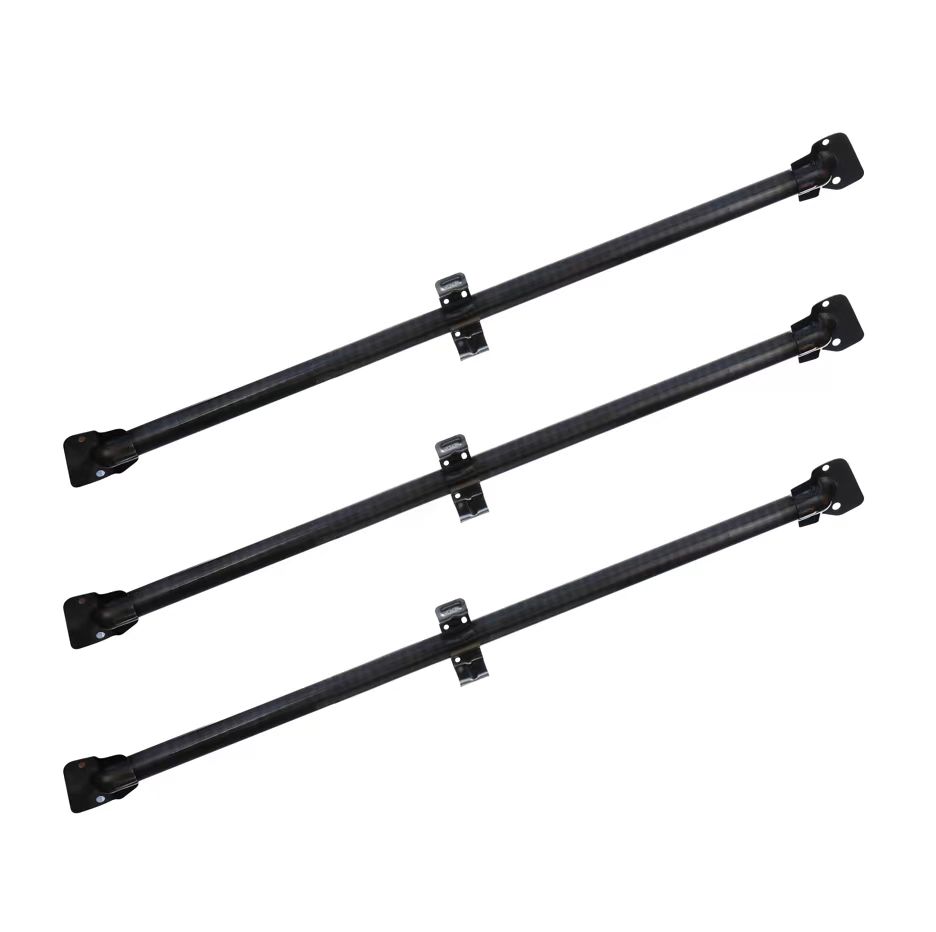
Understanding Cold Rolled Steel Pipes Properties, Applications, and Advantages
Cold rolled steel pipes are vital components in various industries, known for their strength, precision, and versatility. This article delves into the properties, manufacturing processes, applications, and advantages of cold rolled steel pipes, shedding light on why they are a preferred choice in many engineering and construction projects.
What is Cold Rolled Steel?
Cold rolled steel refers to the process of shaping steel at room temperature, resulting in a finely finished product with tighter tolerances compared to hot rolled steel. The cold rolling process typically involves reducing the thickness of steel slabs or sheets to desired specifications, creating pipes with enhanced mechanical properties and surface finishes.
Manufacturing Process
The production of cold rolled steel pipes involves several steps. Initially, steel is heated and processed in the hot rolled form. Once the desired thickness is achieved, the hot rolled pipes are cooled down and then subjected to cold rolling. This process involves passing the pipes through a series of rollers that compress and elongate them, enhancing their strength and improving their surface finish.
After cold rolling, the pipes may undergo additional processes such as annealing, pickling, and coating. Annealing helps to relieve internal stresses and improve ductility, while pickling removes scale and impurities. Coating can provide corrosion resistance, making cold rolled steel pipes suitable for various environmental conditions.
Properties of Cold Rolled Steel Pipes
1. Strength and Durability Cold rolled steel pipes are known for their high tensile strength and durability. The cold working process increases yield strength, making them an ideal choice for applications that require resilience against mechanical stress.
2. Precision and Tolerance The cold rolling process achieves a high degree of precision and tighter tolerances, making these pipes suitable for applications where dimensions and fit are critical.
3. Surface Finish Cold rolled steel pipes have a smoother surface finish compared to their hot rolled counterparts. This not only enhances their aesthetic appeal but also reduces friction during applications that involve fluid flow.
4. Corrosion Resistance When coated, cold rolled steel pipes provide excellent resistance to corrosion, extending their service life and making them suitable for outdoor and industrial applications.
Applications

Cold rolled steel pipes are used in a variety of industries due to their advantageous properties
. Some common applications include1. Construction In the construction sector, cold rolled steel pipes are often utilized for structural support, scaffolding, and as conduits for electrical and plumbing systems. Their high strength-to-weight ratio makes them a popular choice for building frameworks.
2. Automotive Industry In automotive manufacturing, cold rolled steel pipes are used in the production of exhaust systems, fuel lines, and structural components. Their durability ensures reliability in vehicles that experience high levels of stress.
3. Manufacturing In machinery and equipment manufacturing, these pipes serve as essential components for various machines, offering strength and precision for assemblies and frameworks.
4. Oil and Gas Industry Cold rolled steel pipes are used in pipelines that transport oil and gas due to their ability to withstand pressure and corrosion, ensuring safety in challenging environments.
5. Furniture and Design The aesthetic appeal and customizable nature of cold rolled steel pipes make them popular in furniture design, providing modern and industrial looks to various pieces.
Advantages of Cold Rolled Steel Pipes
1. Cost-Effectiveness While cold rolled steel pipes may have a higher initial cost compared to hot rolled options, their enhanced durability and lower maintenance requirements represent a cost-effective choice in the long run.
2. Versatility Their adaptability to various applications across different industries makes cold rolled steel pipes a highly versatile option. They can be tailored to specific requirements, including custom lengths and diameters.
3. Environmental Resistance Cold rolled steel pipes are capable of withstanding harsh environmental conditions, making them suitable for both indoor and outdoor use.
4. Improved Performance With superior mechanical properties, cold rolled steel pipes can perform effectively under demanding conditions, providing reliability and peace of mind to engineers and designers.
Conclusion
In summary, cold rolled steel pipes are essential components that offer a blend of strength, precision, and versatility. Their manufacturing process ensures a high level of quality and performance, making them suitable for a wide range of applications. As industries continue to evolve, the demand for cold rolled steel pipes is expected to grow, reinforcing their critical role in modern engineering and construction practices. Whether in construction, automotive, manufacturing, or other sectors, cold rolled steel pipes will remain a top choice for professionals seeking reliable and high-quality solutions.